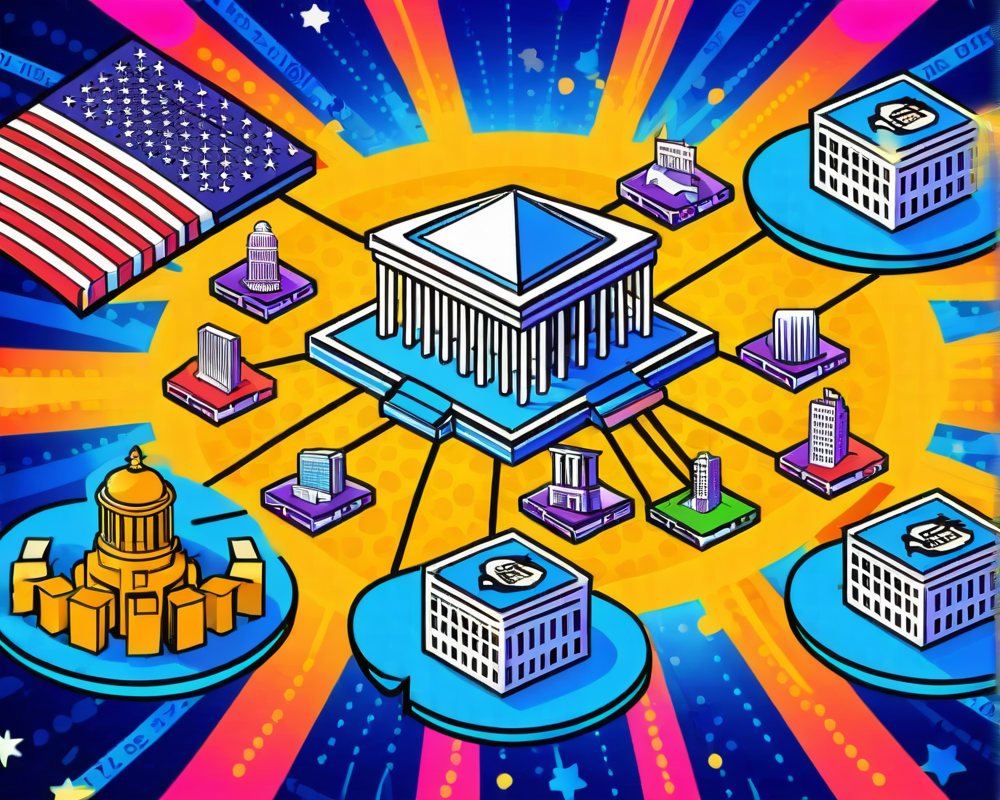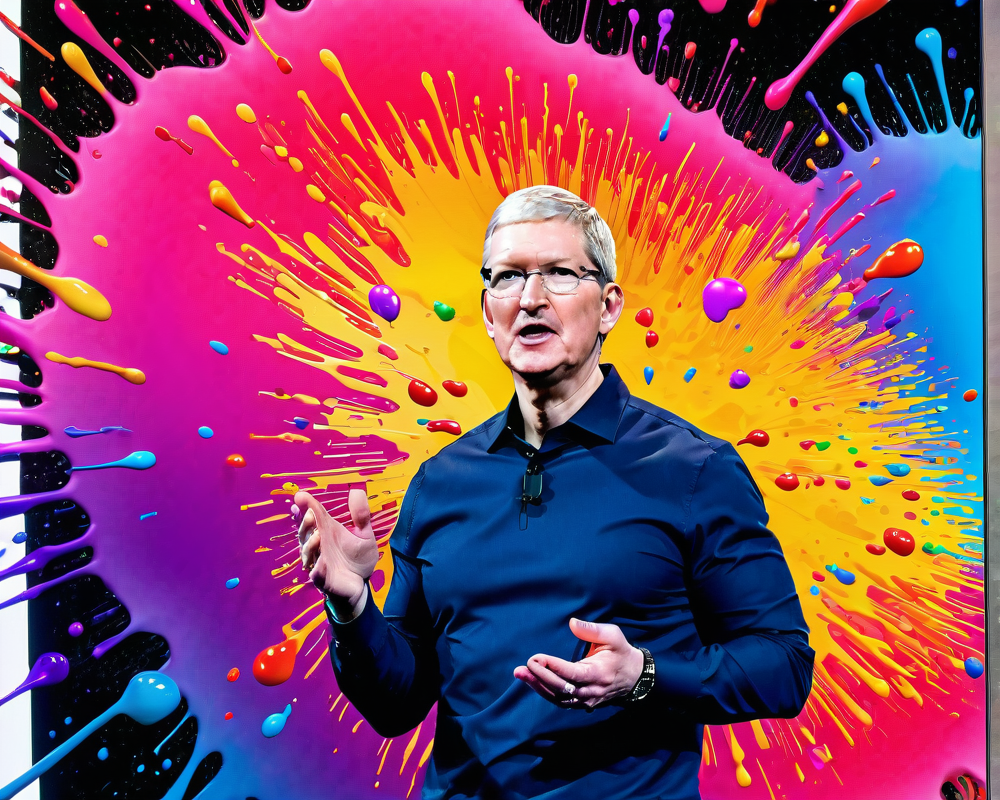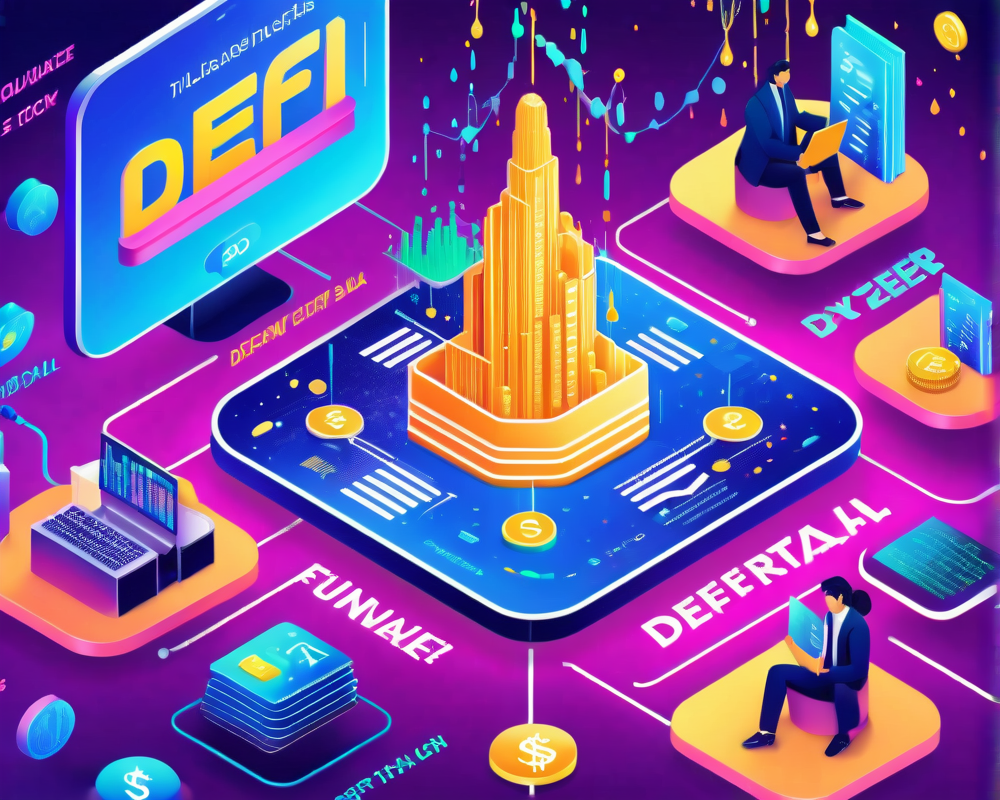The Blockchain Backlash: Understanding the Trust Issues
Despite its potential, the reputation of Bitcoin has cast a long shadow over the entire blockchain landscape. Many potential users harbor skepticism about trustless systems. As Paul Busch, Founder at Bitswift, points out, the idea of trusting a system without a face can feel unreal to the average person. Everyone loves a good story, but none of us enjoy reading about crypto scams. To overcome this, the industry must shift public perception and build trust, much like convincing your pet cat to finally like you.
Difficulties in Usage: The Tech Jungle
Blockchain technology isn’t exactly user-friendly. Shawn Wilkinson, Founder and CEO/CTO at Storj, emphasizes that the current form of blockchain tech requires users to understand concepts like public and private keys, which sounds more like an archaic treasure map than a modern solution. It’s true that confusion reigns supreme here. As Dr. Gideon Greenspan notes, the complexity of blockchain can make navigating it feel like trying to assemble Ikea furniture without a manual.
The Need for Developer-Friendly Tools
Stephan Tual, Founder and CCO at Slock IT, highlights another overarching issue: the difficulty for developers to build on blockchain platforms. If developers were given better tools, they might create apps as common as, dare we say, social media? Until then, we remain in a world where blockchain’s potential feels like an unopened gift during the holidays.
Navigating the Regulatory Maze
Even if the tech is amazing, regulatory challenges have plagued blockchain adoption. Igor Telyatnikov, President & COO at Alphapoint, concisely points out that the regulatory framework is lagging behind. Let’s face it—walls built by regulations can be tougher to climb than your high school gym’s climbing wall (and just as sweat-inducing). Consequently, companies find it costly and complex to integrate blockchain solutions legally.
The Knowledge Gap: Awareness and Education
As the saying goes, “Knowledge is power,” yet many still don’t understand how blockchain differs from what they use daily. Thanks to digital currencies, terms like “blockchain” and “Bitcoin” have become buzzwords, often used interchangeably. Travin Keith, Blockchain Consultant at NXT Foundation, articulates this perfectly, noting a lack of understanding about blockchain’s functionalities hinders widespread adoption.
Expectations vs. Reality
Finally, a complex topic suffers from a mix of inflated expectations and misconceptions. While some look at blockchain as a cure-all, it certainly has its limitations. Thus, an honest discourse about what blockchain can realistically achieve must be part of any forward-thinking strategy, as it’ll prevent future disappointments akin to that one time you thought you could surf after watching a single YouTube video.
Stagnation: The Need for Urgency
Lastly, we come to an issue that’s more about psychology than technology: the lack of urgency. Kai Cheng Chng, CEO/Co-Founder at Digix, rightly states that many consumers are perfectly satisfied with traditional tech. When the status quo works, there’s little incentive to overhaul entire systems. After all, disrupting your comfy routine is a hard sell, even if the new method promises better results.
In summary, while blockchain technology holds impressive promise, a mix of trust issues, usability challenges, regulatory constraints, educational gaps, and a general lack of urgency continue to impede its mainstream adoption. For many, embracing blockchain may require nothing short of a paradigm shift.




